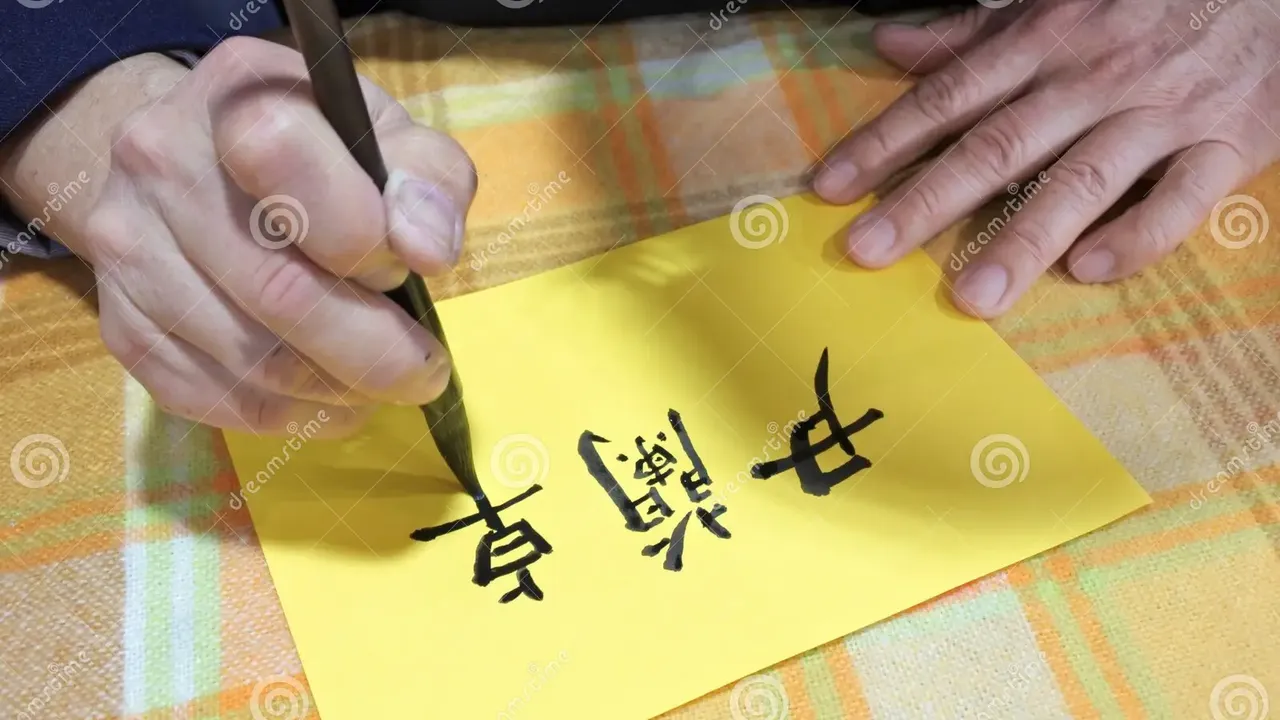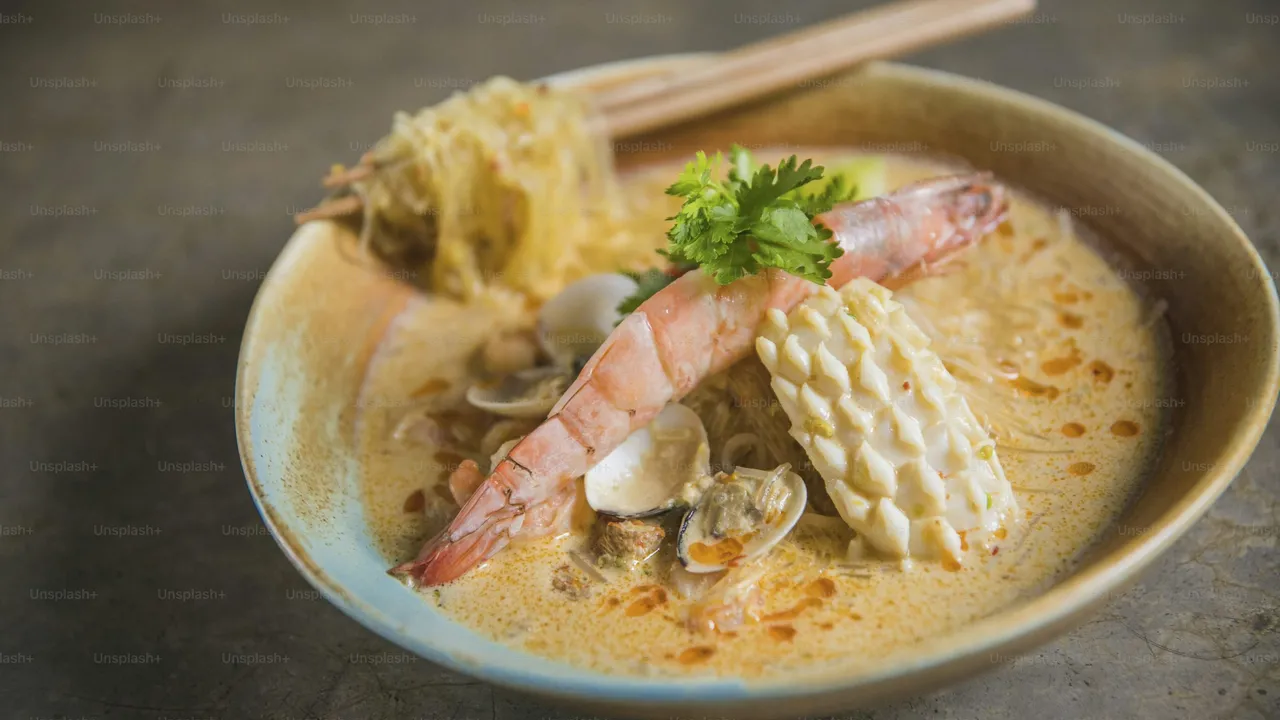Taiwanese Gift-Giving Customs: What to Give and When
Sample meta description.

Understanding Taiwanese Gift Giving Culture The Do's and Don'ts
Gift-giving in Taiwan is a nuanced affair, deeply rooted in tradition and social etiquette. It's not just about the present itself, but the intention behind it, the way it's presented, and the timing. Messing up can lead to awkward situations, so let's dive into the world of Taiwanese gift-giving and learn how to navigate it like a pro.
The Significance of Face (Mianzi) in Taiwanese Gift Exchanges
One of the most important concepts to grasp is "face" (面子 – miànzi). Giving a gift that is perceived as too cheap or inappropriate can cause someone to lose face. Conversely, giving a thoughtful, well-chosen gift enhances their face. It's all about showing respect and consideration.
Occasions for Giving Gifts in Taiwan Finding the Perfect Moment
Gifts are often exchanged during specific occasions. Here are some key moments where gift-giving is customary:
- Chinese New Year (Lunar New Year): This is the biggest gift-giving holiday of the year. Red envelopes (红包 – hóngbāo) filled with money are traditionally given to children and unmarried adults. Food baskets and fruit are also popular.
- Mid-Autumn Festival (Moon Festival): Mooncakes (月餅 – yuèbǐng) are the quintessential Mid-Autumn Festival gift. They symbolize family reunion and completeness.
- Weddings: Red envelopes with money are the standard wedding gift. The amount depends on your relationship with the couple and the venue of the wedding.
- Birthdays: Gifts are common for birthdays, especially for children and close friends.
- Visiting Someone's Home: Bringing a small gift, like fruit or a box of pastries, is a polite gesture when visiting someone's home.
- Business Meetings: Exchanging business cards is essential, but small gifts can also be appropriate, especially after a successful deal.
What to Give A Guide to Appropriate Taiwanese Gifts
Choosing the right gift can be tricky. Here's a breakdown of some popular and appropriate gift ideas:
- Fruit: High-quality, seasonal fruit is always a safe bet. Avoid giving pears (梨 – lí) as they sound like "separation" in Mandarin.
- Tea: Taiwan is famous for its high-mountain oolong tea. A beautifully packaged tea set or a selection of premium teas makes a great gift.
- Pastries and Sweets: Taiwanese pastries like pineapple cakes (鳳梨酥 – fènglí sū) and nougat are popular choices.
- Health Supplements: Bird's nest, ginseng, and other health supplements are considered thoughtful gifts, especially for elders.
- Alcohol: Whiskey, wine, or Taiwanese rice wine (米酒 – mǐjiǔ) can be appropriate gifts for men.
- Gift Baskets: Pre-made gift baskets are a convenient option, often containing a variety of food items and drinks.
- Red Envelopes (Hongbao): Giving cash is always appreciated, especially for weddings and Chinese New Year.
Gifts to Avoid The Taboos of Taiwanese Gift Giving
Just as important as knowing what to give is knowing what *not* to give. Here are some gifts to avoid:
- Clocks: Giving a clock (鐘 – zhōng) sounds like "attending a funeral" (送終 – sòngzhōng) in Mandarin, which is considered extremely unlucky.
- Shoes: Giving shoes (鞋 – xié) implies that you want the recipient to leave.
- Sharp Objects: Knives, scissors, and other sharp objects symbolize cutting ties with the recipient.
- Handkerchiefs: Handkerchiefs are associated with funerals and mourning.
- Straw Sandals: These are traditionally worn by the deceased.
- Anything in Sets of Four: The number four (四 – sì) sounds like "death" (死 – sǐ) in Mandarin.
- Pears (梨 – lí): As mentioned earlier, pears sound like "separation".
The Art of Presentation Wrapping and Giving Your Taiwanese Gift
Presentation is key in Taiwanese gift-giving. Here are some important tips:
- Use Red or Gold Wrapping Paper: Red and gold are considered lucky colors in Chinese culture.
- Avoid White or Black: White and black are associated with mourning and funerals.
- Present the Gift with Both Hands: This shows respect and sincerity.
- Modestly Decline the Gift Initially: The recipient will typically politely decline the gift a few times before accepting it. This is a sign of humility.
- Don't Open the Gift Immediately: It's considered polite to wait until the giver has left before opening the gift.
Specific Taiwanese Gift Recommendations With Pricing and Usage Scenarios
Let's get down to some specific gift recommendations you can actually purchase, along with their approximate prices and suggested usage scenarios:
Alishan High Mountain Oolong Tea: A Classic Taiwanese Gift
Product: Alishan High Mountain Oolong Tea (阿里山高山烏龍茶 – Ālǐshān gāoshān wūlóng chá)
Usage Scenario: Perfect for business associates, elders, or anyone who appreciates fine tea. It's a sophisticated and thoughtful gift that showcases Taiwanese culture.
Price: Prices range from NT$800 (USD$25) to NT$3000+ (USD$100+) per can depending on the grade and origin.
Details: Look for tea that is hand-picked and processed. The leaves should be tightly rolled and have a vibrant green color. The aroma should be floral and slightly sweet.
Where to Buy: Local tea shops in Taiwan, online retailers specializing in Taiwanese tea.
Pineapple Cakes (Feng Li Su): A Sweet and Savory Treat
Product: Pineapple Cakes (鳳梨酥 – fènglí sū)
Usage Scenario: A great gift for friends, family, or colleagues. They're a delicious and convenient snack that represents Taiwanese hospitality.
Price: A box of 6-12 pineapple cakes typically costs between NT$200 (USD$6) and NT$500 (USD$16).
Details: Look for pineapple cakes made with real pineapple filling. The crust should be buttery and flaky. Some popular brands include Chia Te and SunnyHills.
Where to Buy: Bakeries, souvenir shops, supermarkets throughout Taiwan.
Bird's Nest: A Luxurious and Healthful Gift
Product: Bird's Nest (燕窩 – yànwō)
Usage Scenario: A luxurious and highly prized gift, often given to elders or those who are recovering from illness. It's believed to have numerous health benefits.
Price: Bird's nest is one of the most expensive foods in the world. Prices can range from NT$5000 (USD$160) to NT$50000+ (USD$1600+) per box, depending on the quality and type.
Details: Bird's nest is made from the solidified saliva of swiftlets. Look for bird's nest that is clean, white, and has a delicate aroma. It's often sold in pre-packaged bottles or dried form.
Where to Buy: Specialty health food stores, department stores in Taiwan.
Taiwan Beer: A Taste of Local Flavor
Product: Taiwan Beer (台灣啤酒 – Táiwān píjiǔ)
Usage Scenario: A casual gift for friends or colleagues, especially if they enjoy trying local brews. It's a refreshing and affordable option, perfect for sharing.
Price: A six-pack of Taiwan Beer typically costs around NT$200 (USD$6).
Details: Taiwan Beer is a light and crisp lager, perfect for hot weather. They also offer various fruit-flavored beers, like mango and grape.
Where to Buy: Convenience stores, supermarkets throughout Taiwan.
Comparing Gift Options Finding the Best Choice for Your Needs
Let's compare some of these gift options based on different criteria:
- Price: Taiwan Beer is the most affordable option, followed by pineapple cakes. Alishan tea is mid-range, while bird's nest is the most expensive.
- Formality: Bird's nest and high-quality tea are considered more formal gifts, suitable for business associates or elders. Pineapple cakes and Taiwan Beer are more casual options for friends and colleagues.
- Cultural Significance: All of these gifts have cultural significance in Taiwan, but tea and pineapple cakes are particularly iconic.
- Health Benefits: Bird's nest is believed to have the most health benefits, followed by high-mountain tea.
Understanding Red Envelope Etiquette Giving Cash the Taiwanese Way
Giving red envelopes (红包 – hóngbāo) filled with cash is a common practice in Taiwan, particularly during Chinese New Year and weddings. Here are some guidelines to follow:
- New and Crisp Bills: Always use new, crisp bills. Avoid using old or wrinkled bills.
- Lucky Numbers: Avoid amounts containing the number four (4), which sounds like "death". Amounts ending in eight (8) are considered lucky.
- Odd vs. Even Numbers: For weddings, give even amounts, as odd numbers are associated with funerals.
- Relationship Matters: The amount you give depends on your relationship with the recipient. Close family members and friends typically give more.
- Sealed Envelope: Always seal the red envelope before giving it.
Navigating Taiwanese gift-giving customs can seem daunting at first, but with a little knowledge and preparation, you can avoid any embarrassing faux pas and show your respect for Taiwanese culture. Remember to choose your gifts carefully, present them with sincerity, and always be mindful of the recipient's "face". Happy gifting!
:max_bytes(150000):strip_icc()/277019-baked-pork-chops-with-cream-of-mushroom-soup-DDMFS-beauty-4x3-BG-7505-5762b731cf30447d9cbbbbbf387beafa.jpg)






